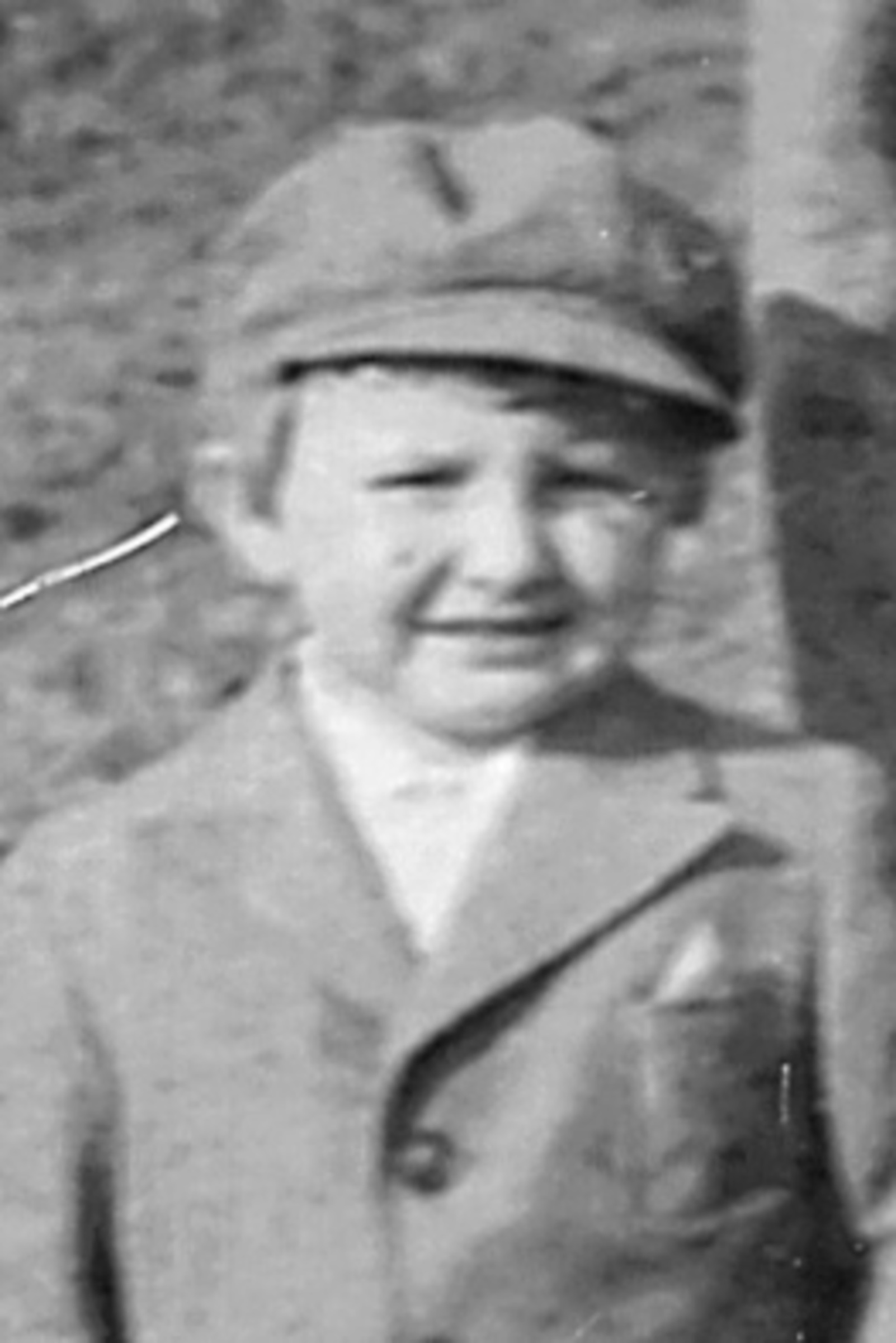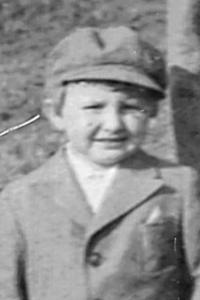Deported for being politically unreliable
Jan Francl was born in 1940 in Frelichov in south Moravia. His father was Czech and his mother was German, however, the majority of the dwellers of the village where he spent his youth were Moravian Croats. Jan Francl vividly recalls the year 1945, when the front line passed within a few meters of his house. Between the years 1948 - 1950, nearly all Moravian Croats were deported from the village for their alleged political unreliability. The Francl family was deported in April 1952 - being one of the families with the deepest roots in the village - on the grounds of the same argument. Their new home became the village of Jasenice in the district of Třebíč. Jan Francl has an active interest in the destiny of the village where he comes from. He presently lives in Luhačovice.

